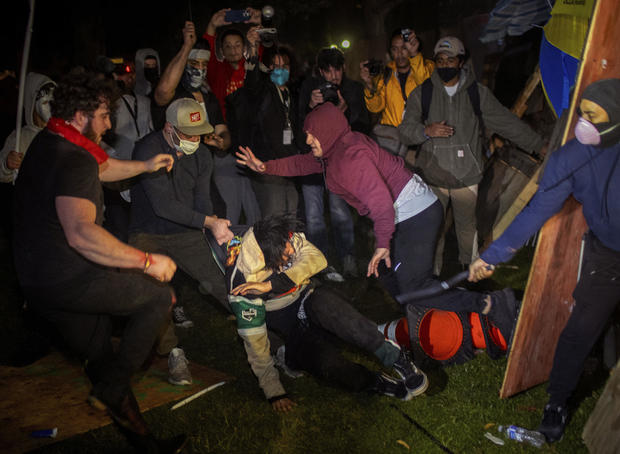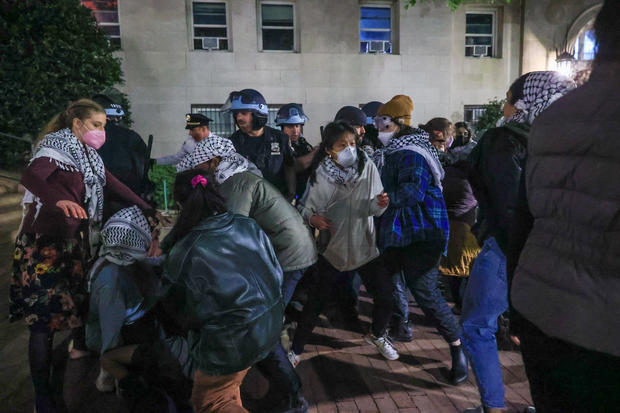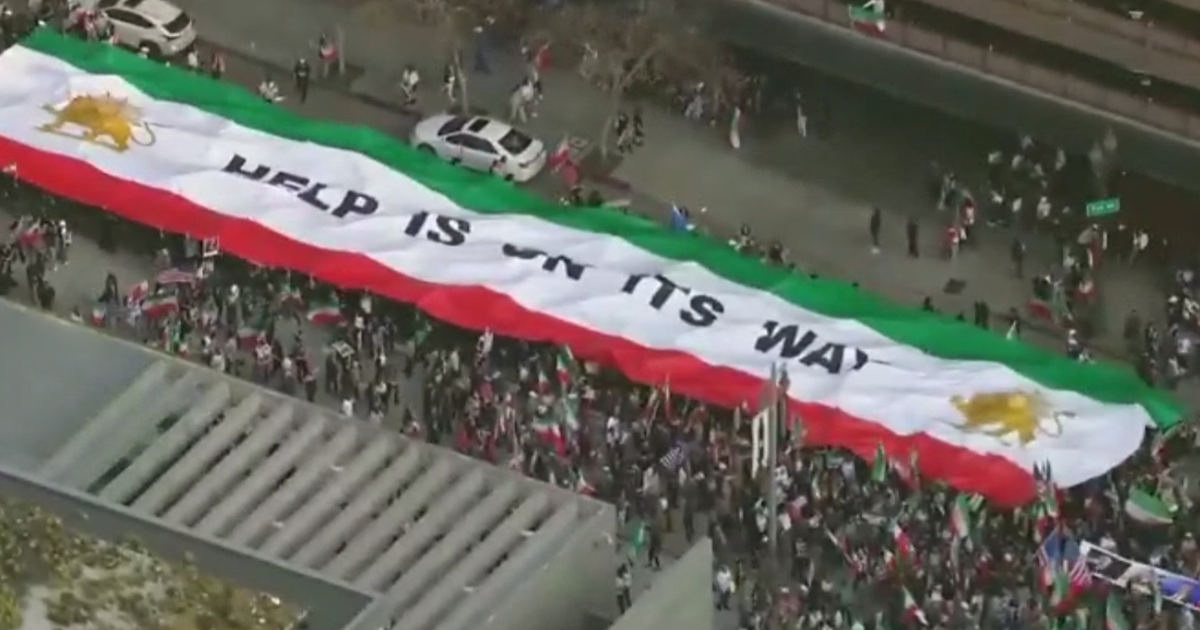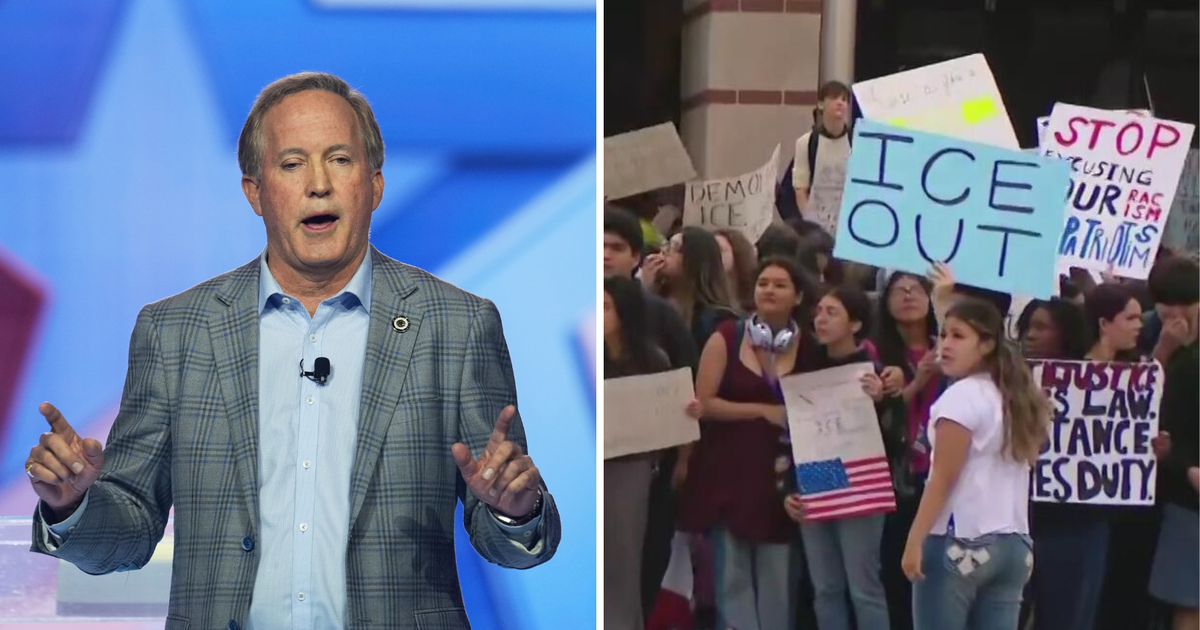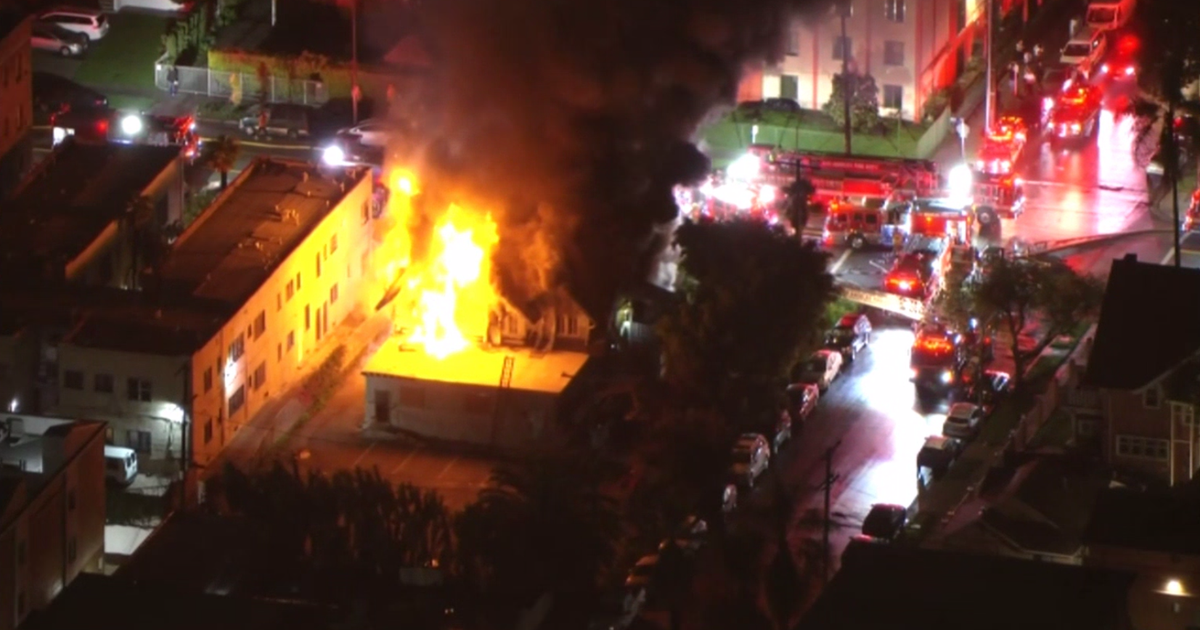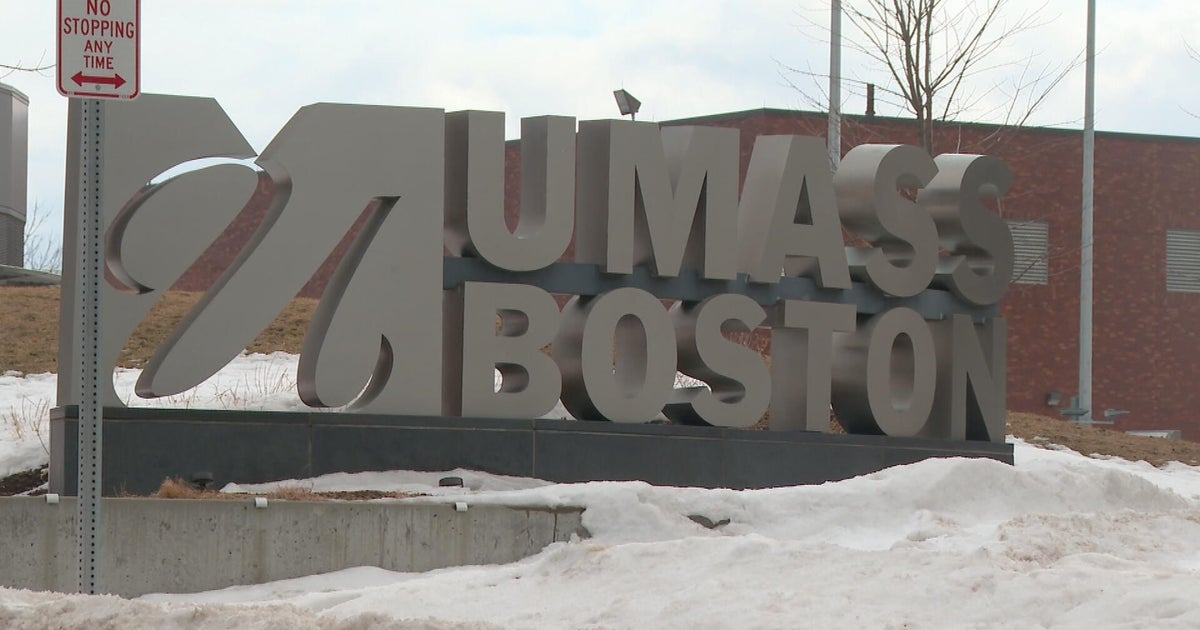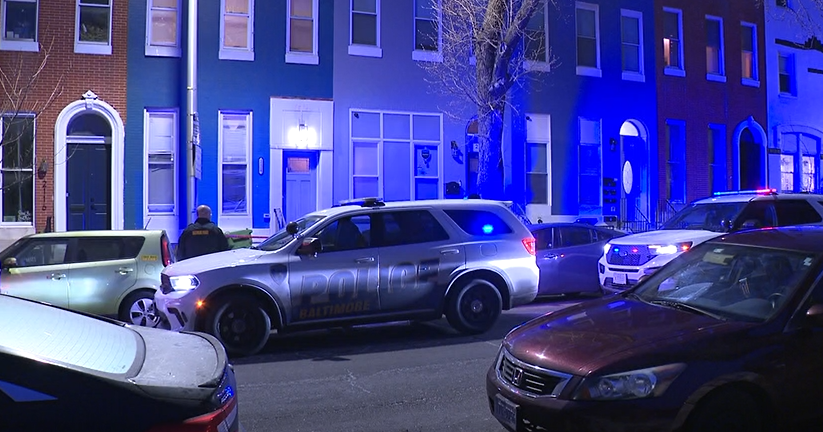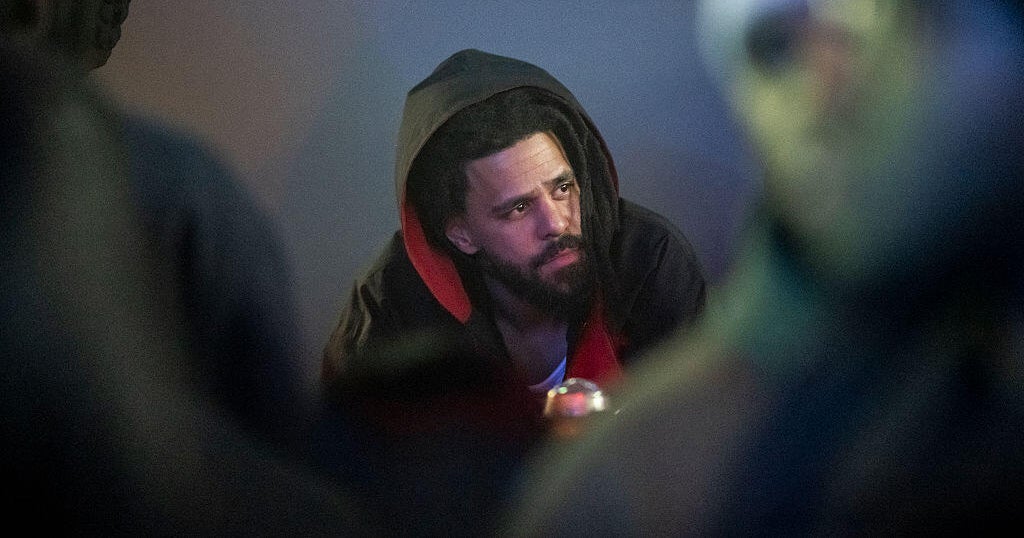Violence breaks out at some pro-Palestinian campus protests
Dueling groups of protesters clashed Wednesday at the University of California, Los Angeles, grappling in fistfights and shoving, kicking and using sticks to beat one another. Hours earlier, police burst into a building at Columbia University that pro-Palestinian protesters took over to break up a demonstration that had paralyzed the school while inspiring others.
In addition, police and protesters clashed at the University of Arizona's Tucson campus, according to the Arizona Daily Star.
After a couple of hours of scuffles between pro-Palestinian and pro-Israeli demonstrators at UCLA, police wearing helmets and face shields formed lines and slowly separated the groups, quelling the violence. At least 15 protesters suffered injuries, and the tepid response by authorities drew criticism from political leaders, including California Gov. Gavin Newsom, as well as Muslim students and advocacy groups.
UCLA Chancellor Gene Block promised a review of the violence.
Again Wednesday evening, law enforcement on the UCLA campus donned riot gear as they ordered dispersal of over a thousand people who had gathered in support of a pro-Palestinian student encampment, warning over loudspeakers that anyone who refused to leave could face arrest.
"The established encampment is unlawful and violates university policy," the university wrote in a statement Wednesday evening. "Law enforcement is prepared to arrest individuals in accordance with applicable law. Non-UCLA persons are notified to leave the encampment and depart the campus immediately."
Tent encampments of protesters calling on universities to stop doing business with Israel or companies that support the war in Gaza have spread across the country in a student movement unlike any other in the 21st century, reaching from New York to Texas and California. The ensuing crackdown by police on some college campuses has stirred echoes of the much larger student protest movement during the Vietnam War era.
There have been confrontations with law enforcement and more than 1,000 arrests. In rarer instances, university officials and protest leaders struck agreements to restrict the disruption to campus life and upcoming commencement ceremonies.
The clashes at UCLA took place around a tent encampment built by pro-Palestinian protesters, who erected barricades and plywood for protection — while counter-protesters tried to pull them down. Video showed fireworks exploding over and in the encampment. People threw chairs and at one point a group piled on a person who lay on the ground, kicking and beating them with sticks until others pulled them out of the scrum.
A UCLA spokesperson on Wednesday said there were "a reported 15 injuries, including one hospitalization."
The spokesperson also said the school's president "requested a detailed accounting from the campus about what transpired in the early morning hours today."
"We are also ordering an independent external review of both UCLA's planning and actions, and the effectiveness of the mutual aid response," the spokesperson said. "Such a review will help us address many immediate questions but also help guide us in possible future events."
Los Angeles Mayor Karen Bass called the violence "absolutely abhorrent and inexcusable" in a post on social media and said officers from the Los Angeles Police Department were on the scene. Officers from the California Highway Patrol also appeared to be there. The university said it had requested help.
Security was tightened Tuesday at the campus after officials said there were "physical altercations" between factions of protesters.
On Wednesday, UCLA canceled classes and urged people to avoid the area where the fighting broke out. The school's library won't reopen until Monday and Royce Hall, which authorities said was vandalized, is closed through Friday. UCLA stationed law enforcement officers throughout campus.
Meanwhile, New York City officers entered Columbia's campus Tuesday night after the university requested help, according to a statement released by a spokesperson. A tent encampment on the school's grounds was cleared, along with Hamilton Hall where a stream of officers used a ladder to climb through a second-floor window. Protesters seized the hall at the Ivy League school about 20 hours earlier.
"After the University learned overnight that Hamilton Hall had been occupied, vandalized, and blockaded, we were left with no choice," the school said. "The decision to reach out to the NYPD was in response to the actions of the protesters, not the cause they are championing. We have made it clear that the life of campus cannot be endlessly interrupted by protesters who violate the rules and the law."
Protesters had shrugged off an earlier ultimatum to abandon the encampment Monday or be suspended and unfolded as other universities stepped up efforts to end demonstrations that were inspired by Columbia.
Just blocks away from Columbia, at The City College of New York, demonstrators were in a standoff with police outside the public college's main gate. Video posted on social media by reporters on scene late Tuesday showed officers putting some people to the ground and shoving others as they cleared people from the street and sidewalks. Many detained protesters were driven away on city buses.
After police arrived, officers lowered a Palestinian flag atop the City College flagpole, balled it up and tossed it to the ground before raising an American flag.
In a news conference Wednesday morning with New York City Mayor Eric Adams, police officials said 173 people had been arrested at City College, and 109 at Columbia. A breakdown of how many were students is expected later Wednesday, the NYPD said.
Just hours after both universities were cleared, a new encampment was launched at Fordham University in the Bronx.
Brown University, another member of the Ivy League, reached an agreement Tuesday with protesters on its Rhode Island campus. Demonstrators said they would close their encampment in exchange for administrators taking a vote to consider divestment from Israel in October. The compromise appeared to mark the first time a U.S. college has agreed to vote on divestment in the wake of the protests.
The Arizona Daily Star says officers in riot gear and gas masks fired what they called non-lethal chemical munition weapons as they moved in on demonstrators at the University of Arizona's Tucson campus. The paper says some arrests were made, as ordered by UA President Robert C. Robbins, and shoving matches broke out between some protesters and advancing officers. "A barrage of items" was thrown in the air toward officers "in the loud, chaotic scene" before protesters retreated and the encampment was broken up.
Some other protest sites
Police broke up an encampment on the Tulane University campus early Wednesday morning that had been set up Monday evening after a march, CBS New Orleans affiliate WWL-TV reports. The school said in a statement that the "overwhelming majority of the protestors are unaffiliated with our community. ... Police have reported that at least 14 protestors have been arrested, including two Tulane students."
At the University of Wisconsin in Madison, police took down all but one tent at an encampment where officers with shields shoved protesters, resulting in a scrum and at least a dozen arrests. Four officers were injured, including a state trooper who was hit in the head with a skateboard, according to University of Wisconsin police spokesperson Marc Lovicott.
CBS Boston reports that Tufts University is now warning students to shut down their pro-Palestinian encampment or face consequences. Those who don't leave could be suspended or banned from graduation ceremonies, the school says.
Police dismantled an encampment at Dartmouth College in New Hampshire just hours after pro-Palestinian demonstrators put up a handful of tents. Officers arrested multiple people, including at least one professor, according to local media reports.
Columbia's past something of a prologue
Columbia's police action happened on the 56th anniversary of a similar move to quash an occupation of Hamilton Hall by students protesting racism and the Vietnam War.
The police department earlier Tuesday said officers wouldn't enter the grounds without the college administration's request or an imminent emergency. Now, law enforcement will be there through May 17, the end of the university's commencement events.
In a letter to senior NYPD officials, Columbia President Minouche Shafik said the administration made the request that police remove protesters from the occupied building and a nearby tent encampment "with the utmost regret."
Shafik also referenced the idea, first put forward by Adams earlier in the day, that the group that occupied Hamilton was "led by individuals who are not affiliated with the university."
Neither provided specific evidence to back up that contention, which was disputed by protest organizers and participants.
NYPD officials made similar claims about "outside agitators" during the huge, grassroots demonstrations against racial injustice that erupted across the city after the death of George Floyd in 2020. In some instances, top police officials falsely labeled peaceful marches organized by well-known neighborhood activists as the work of violent extremists.
White House weighs in
Before officers arrived at Columbia, the White House condemned the standoffs there and at California State Polytechnic University, Humboldt, where protesters had occupied two buildings for more than a week until officers with batons intervened early Tuesday. Of those arrested, 13 are students, one is a faculty member and 18 are not students, the university said in a statement.
President Biden believes students occupying an academic building is "absolutely the wrong approach," said National Security Council spokesperson John Kirby.
Later, former President Donald Trump called into Sean Hannity's show on the Fox News Channel to comment on Columbia's turmoil as live footage of police clearing Hamilton Hall aired. Trump praised the officers. "But it should never have gotten to this," he told Hannity.
The nationwide campus protests began at Columbia in response to Israel's offensive in Gaza after Hamas launched a deadly attack on southern Israel on Oct. 7. Militants killed about 1,200 people, most of them civilians, and took roughly 250 hostages. Vowing to stamp out Hamas, Israel has killed more than 34,000 Palestinians in the Gaza Strip, according to the local health ministry.
As cease-fire negotiations appeared to gain steam, it wasn't clear whether those talks would inspire an easing of protests.
Israel and its supporters have branded the university protests as antisemitic, while Israel's critics say it uses those allegations to silence opposition. Although some protesters have been caught on camera making antisemitic remarks or violent threats, organizers of the protests, some of whom are Jewish, say it is a peaceful movement aimed at defending Palestinian rights and protesting the war.
